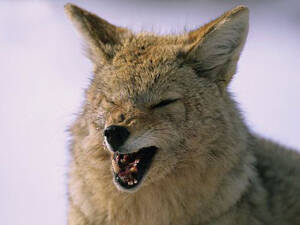
Canis latrans
Canis latrans,Coyote,coyote, prairie wolf, coyote
Coyote (scientific name: Canis latrans) is a species of Canidae, a close rel···
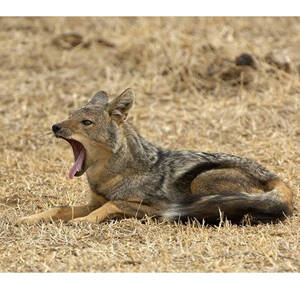
Canis adustus
Canis adustus,Side-striped Jackal,side-striped jackal
Side-striped Jackal (scientific name: Canis adustus) is also known as Side-s···
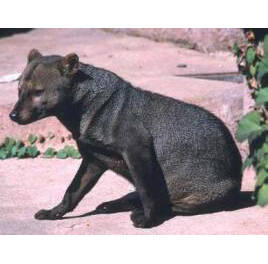
Atelocynus microtis
Atelocynus microtis,Short-eared Dog,short-eared dog, short-eared fox, small-eared dog
Short-eared Dog (scientific name: Atelocynus microtis) is also known as Shor···
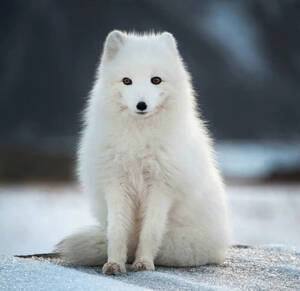
Vulpes lagopus
Vulpes lagopus,Arctic Fox,Blue fox, white fox
Arctic fox (scientific name: Vulpes lagopus) is called Arctic Fox in foreign···
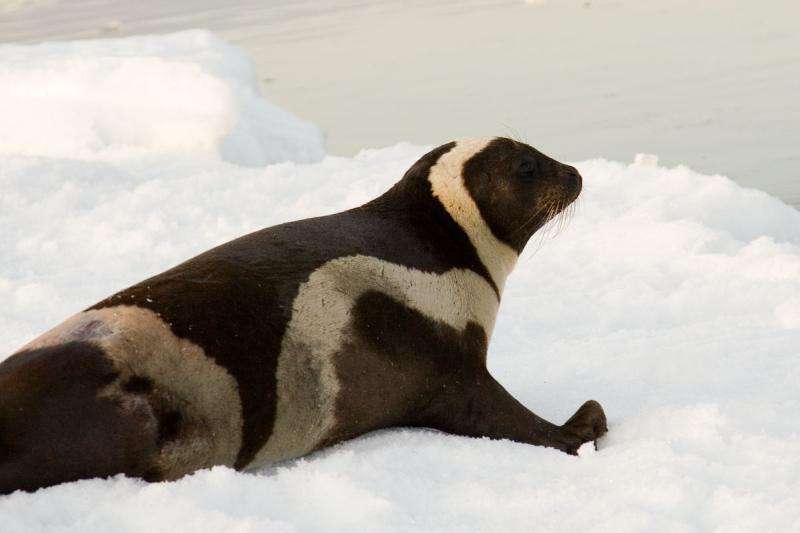
Ribbon Seal
Ring seal, ribbon seal
Ribbon seal is a small species of seal with no subspecies.Usually live alone···
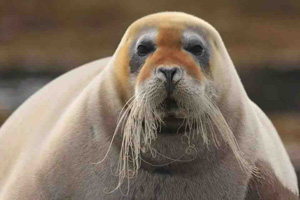
Bearded seal
Bearded seal
Bearded seal has two subspecies and is the seal with the longest beard in th···
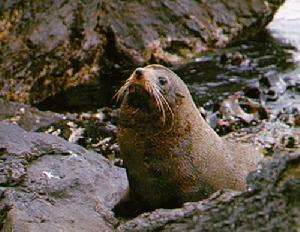
Eumetopias jubatus
Eumetopias jubatus,Northern Sealion,North Pacific sea lion, Stevens sea lion, sea donkey
The northern sea lion is called Northern Sealion in foreign language. It is ···
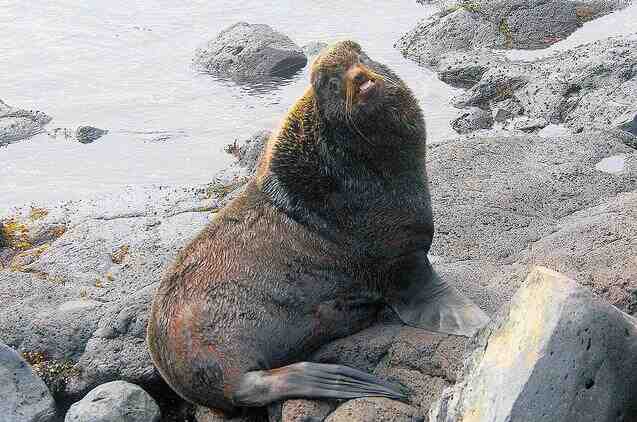
Callorhinus ursinus
Callorhinus ursinus,Sea bears, Alaskan fur seals
The scientific name of the northern fur seal is Callorhinus ursinus, which h···
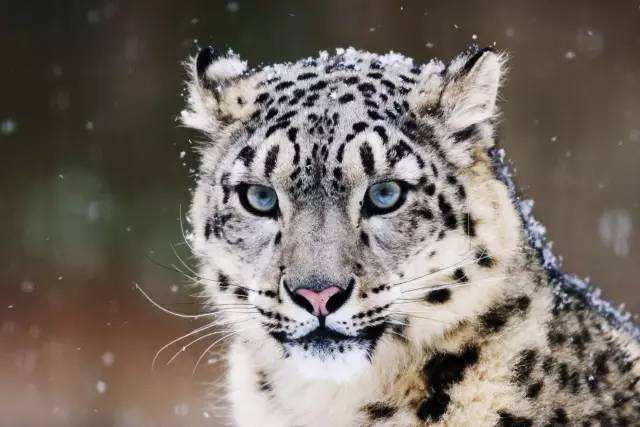
Panthera uncia
Panthera uncia,Snow Leopard、Ounce,Felis irbis、Uncia uncia、Felis uncioides、Felis uncia,Artemisia argyi, lotus leaf leopard, Sa (Tibetan)
Snow leopard is a large cat with three subspecies. It is named after the fac···
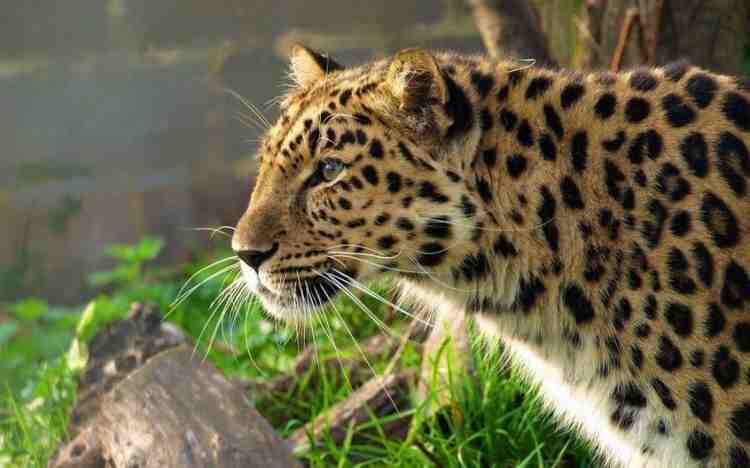
Panthera pardus
Panthera pardus,Leopard , Léopard, Panthère ,Leopardo, Pantera ,Al nimr,Leopard, Panthera pardus,Felis pardus Linnaeus
The English name of leopard is Leopard. It is a large carnivorous animal wit···
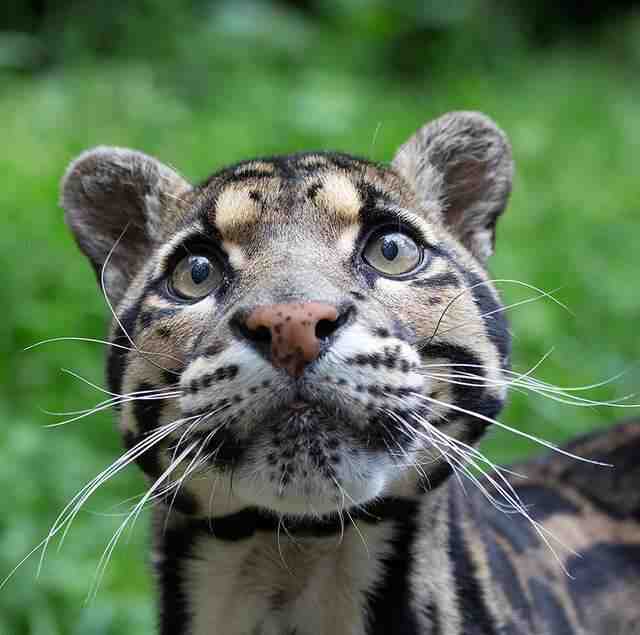
Neofelis nebulosa
Neofelis nebulosa,Clouded Leopard , Panthère longibande, Panthère nébuleuse, Pantera Longibanda, Pantera Nebulosa, Pantera del Himalaya , Kla PorPok , Seua lai mek,Clouded leopard, tortoise-patterned
The clouded leopard is called Clouded Leopard in English, and there are 3 su···
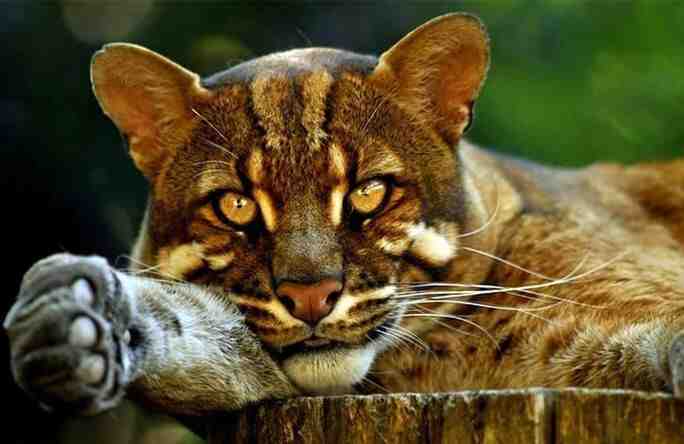
Pardofelis temminckii
Pardofelis temminckii,Asiatic Golden Cat, Golden Cat, Temminck's Cat ,Chat de Temminck, Chat doré d'Asie, Gato Dorado Asiático ,Asiatische Goldkatze,Asian golden cat, original cat, red leopa
The Asiatic Golden Cat is a medium-sized cat with three subspecies.Except fo···
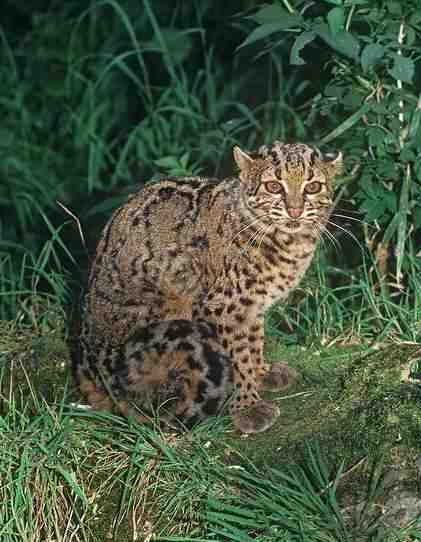
Pardofelis marmorata charltoni
Pardofelis marmorata charltoni,Nepalese Marbled Cat, stone cat, spotted cat, grass leopard, clouded leopard, Nepalese cat
The Nepalese Marbled Cat is a subspecies of the marble cat. It is slightly l···
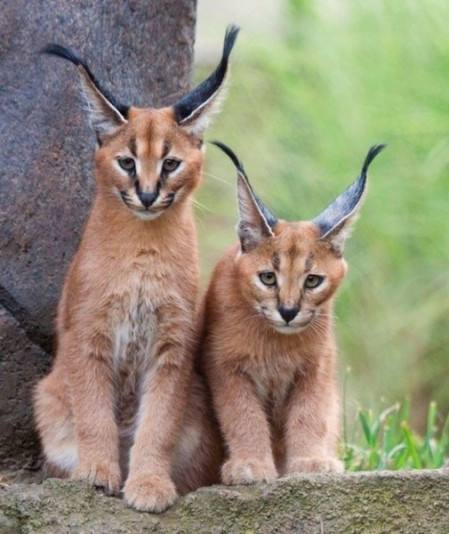
Lynx lynx
Lynx lynx,Eurasian Lynx,Eurasian lynx, forest lynx, lynx mandarin cat, horse lynx, mountain cat, wild cat
The lynx is called Eurasian Lynx in English. It is similar in size to a cat ···
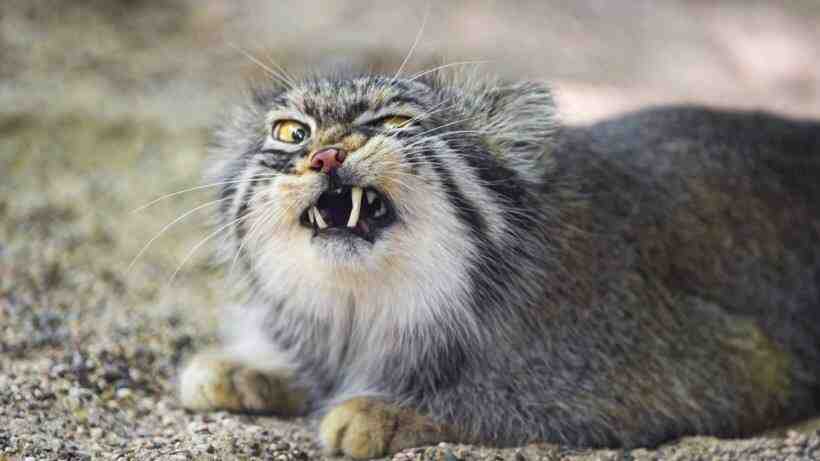
Otocolobus manul
Otocolobus manul,Pallas's Cat,Lynx, Ulun, Manau
Pallas's Cat has three subspecies (Pallas's Cat, Pallas's Cat an···
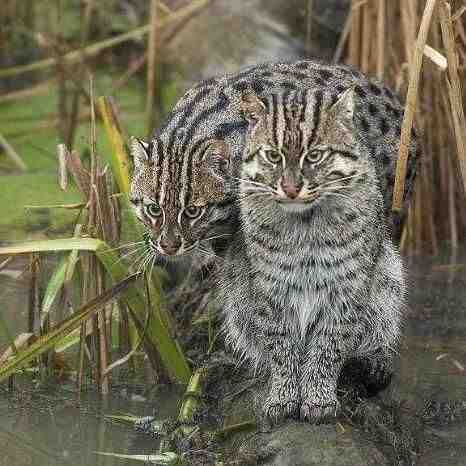
Prionailurus viverrinus
Prionailurus viverrinus,Fishing Cat , Chat Pêcheur ,Gato Pescador,civet cat, fishing cat, fishing cat
Fishing cats are slightly larger than domestic cats, with shorter tails, abo···
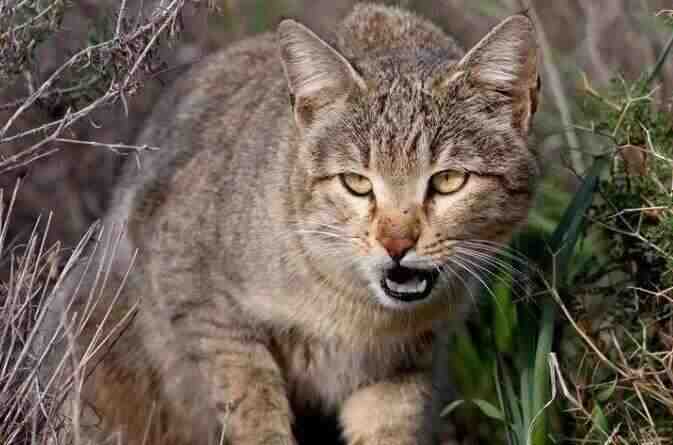
Felis silvestris shawiana
Felis silvestris shawiana,Shaw's Cat,Wild cat, desert spotted cat, bandicoot, Shache spotted wild cat
The steppe cat, also known as Shaw's Cat in English, is a Chinese subspe···
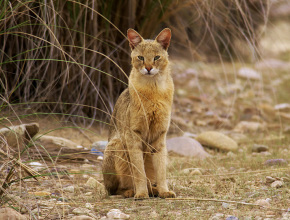
Felis chaus
Felis chaus,jungle cat,Wild raccoon, raccoon
The jungle cat is called jungle cat in foreign language. There are 9 subspec···
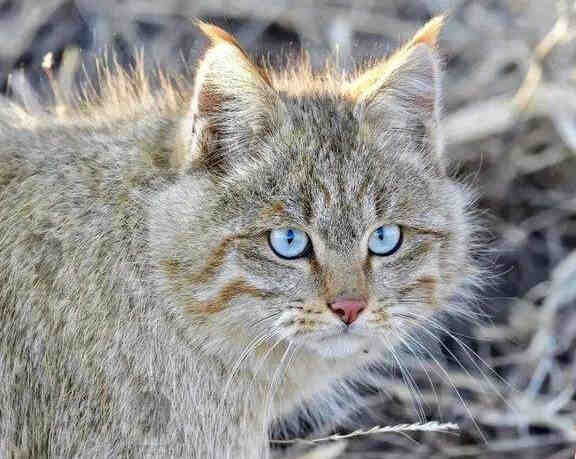
Felis bieti
Felis bieti,Chinese Mountain Cat,Felis chutuchta,Grass cat, grass lynx, wild cat, desert cat, Chetang Xiongbu
The desert cat is called Chinese Mountain Cat in English. It is a unique ani···
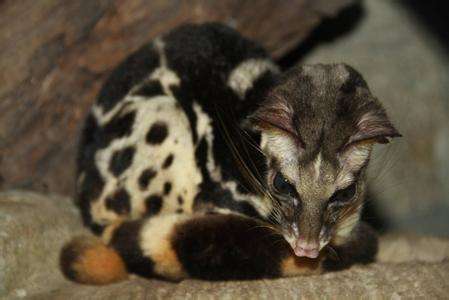
Prionodon pardicolor
Prionodon pardicolor,Spotted Linsang, spotted civet cat, spotted civet cat, oriental civet cat, leopard cat, cunning cat, tiger civet cat
Spotted Linsang, whose foreign name is Spotted Linsang, is a medium-sized ca···
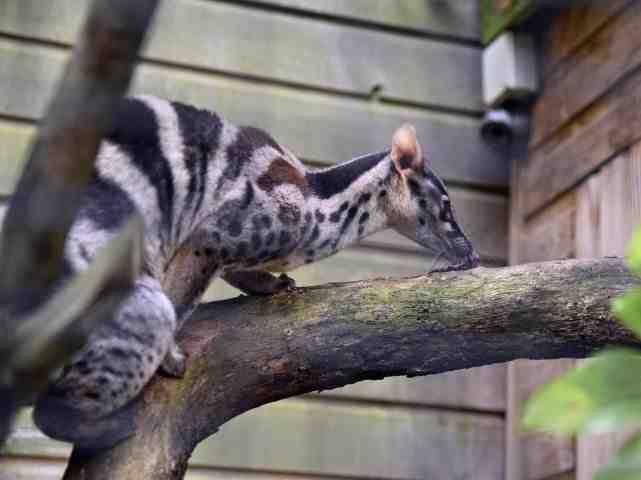
Chrotogale owstoni
Chrotogale owstoni,Owston’s Palm Civet,Barred civet, civet, gossip cat, striped civet, striped civet, Euston palm civet
The Owston’s Palm Civet is a large terrestrial civet with no subspecies. It···
